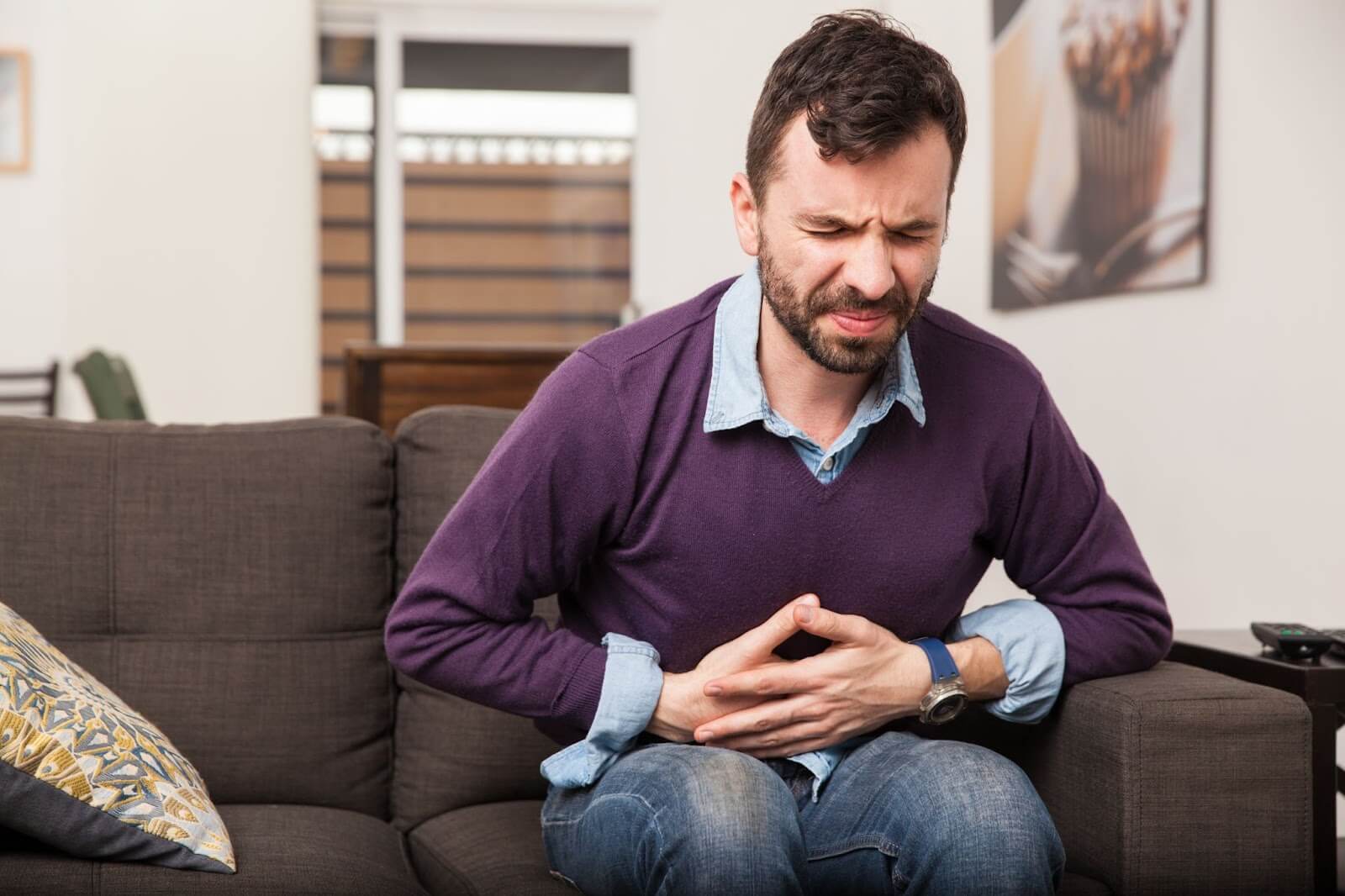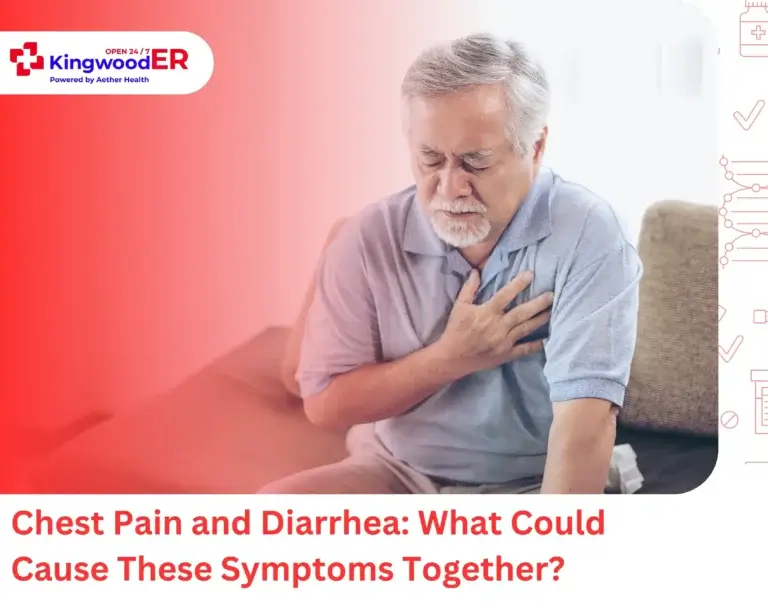Stomach poisoning can be a very uncomfortable condition, and in some cases, may be cause for alarm. Let’s discuss what causes stomach poisoning, how you can feel better, and when you need to seek emergency medical attention.
What Causes Stomach Poisoning?
Stomach poisoning occurs when you eat something that is spoiled, contaminated, or toxic.
There are typically three causes of stomach poisoning, viruses, bacteria, or parasites. Bacteria is the most common cause, with some examples including E. coli and Salmonella, and Salmonella as the biggest cause of food poisoning.
Cooking food with heat often kills these pathogens, but eating raw or undercooked food can cause these pathogens to remain on the food. In addition, improper food handling, leaving food at wrong temperatures, or even raw fruits and vegetables may result in ingestion of the pathogens.
The symptoms of stomach poisoning vary based on the source of the infection, but can include:
- Diarrhea
- Vomiting
- Nausea
- Abdominal cramps
- Loss of appetite
- Weakness
- Mild fever
- Headache
These symptoms occur because the body is trying to remove the toxin, and typically resolve within a week.
How to Feel Better
Stay Hydrated
When you have stomach poisoning, the most important thing for you to do is stay hydrated, especially for those who may have diarrhea or vomiting. Drinking beverages high in electrolytes, such as sports drinks, can also be helpful.
You will want to avoid caffeine, as this can further irritate the digestive tract. However, decaffeinated herbal teas may help calm an upset stomach.
Take Over-The-Counter Medication
Some over-the-counter medications may be able to help you manage diarrhea and suppress nausea. That being said, you will want to check with a doctor before taking these medicines as the body reacts with vomiting and diarrhea for a reason.
In addition, taking these medicines may mask how severe your stomach poisoning is and could cause you to seek emergency help later than you should.
Eat Bland Foods
As your stomach returns to normal, eat simple-to-digest and bland foods such as:
- Toast
- Saltine crackers
- Bananas
- Rice
- Oatmeal
- Boiled vegetables
- Chicken broth
- Diluted fruit juices
You will want to avoid anything high in fat or anything that may upset your stomach further, such as dairy products, fried foods, and spicy foods.
When To See a Doctor
If you have any of the below symptoms, you will want to seek emergency medical help right away:
- Diarrhea lasting for more than three days
- Difficulty seeing or speaking
- Fever higher than 102°F
- Symptoms of severe dehydration (passing little to no urine, dry mouth, difficulty keeping fluids down)
- Blood in urine
Severe cases of stomach poisoning may require an intravenous (IV) fluid at the hospital due to severe dehydration. At the hospital, you may also receive prescription medication, but this will depend on the cause of the stomach poisoning.
If you are concerned about the state of your stomach poisoning or have any of the emergency symptoms listed above, come visit Aether Health – Kingwood ER so that we can determine the cause and get you feeling better.




